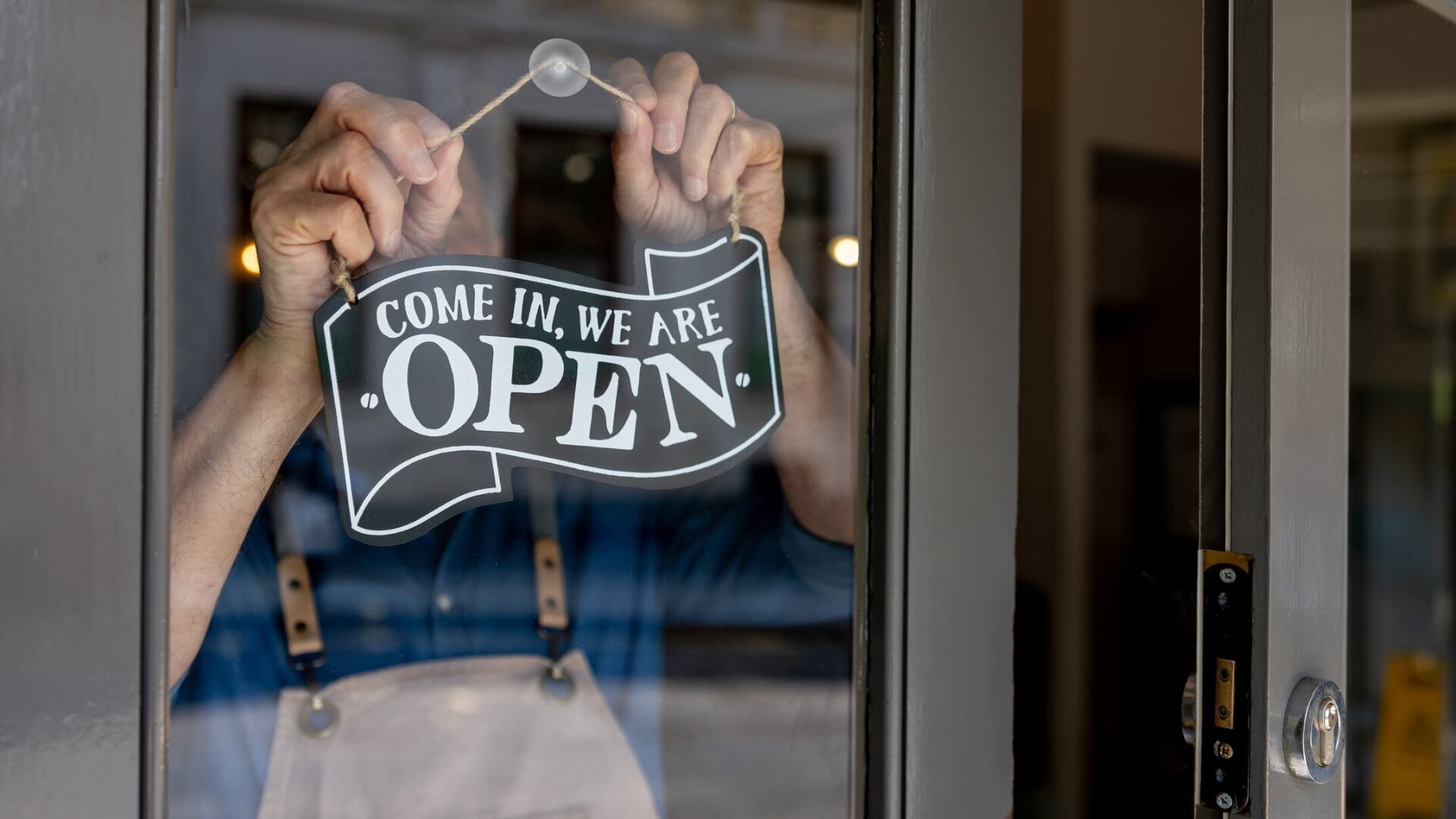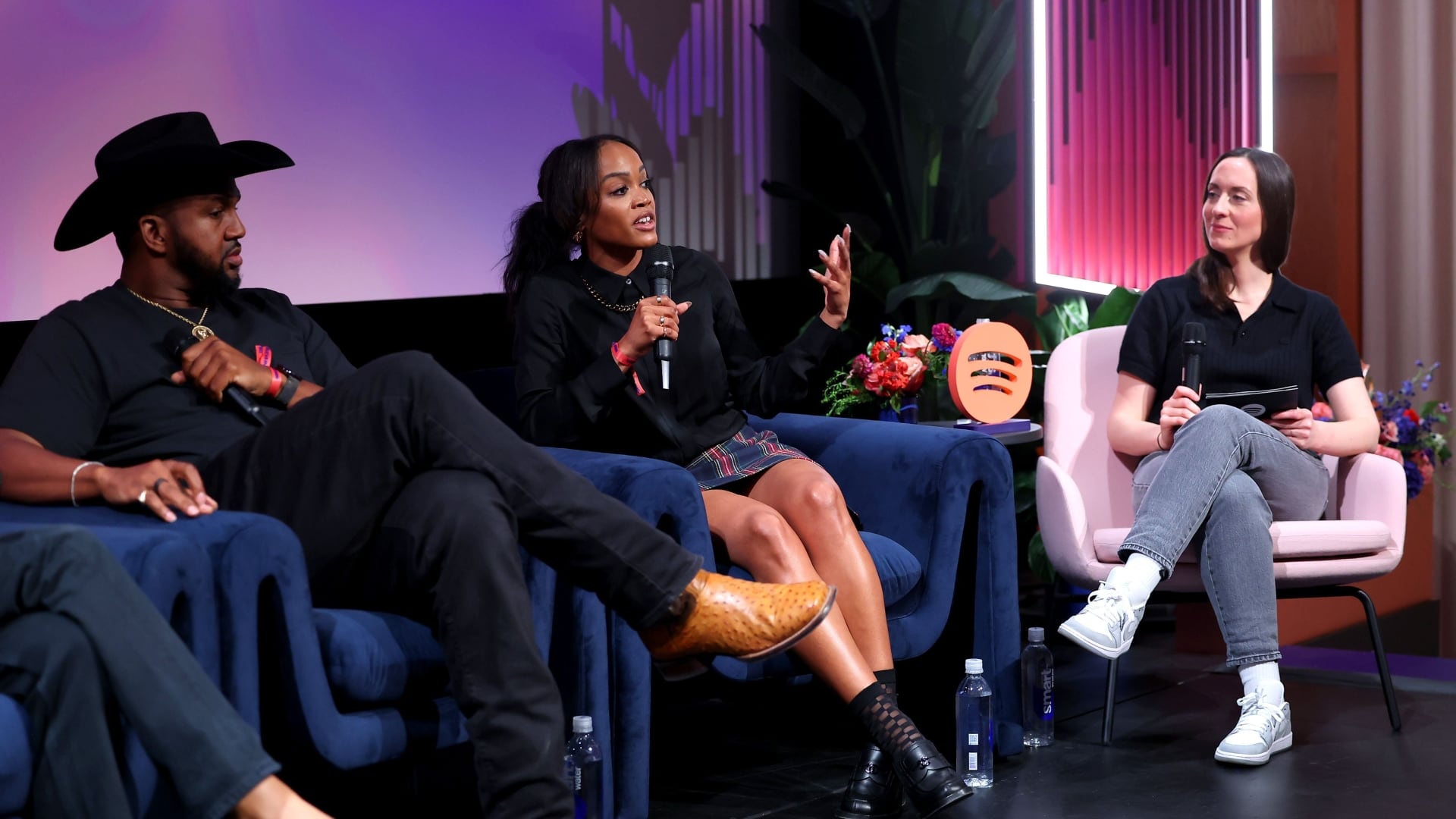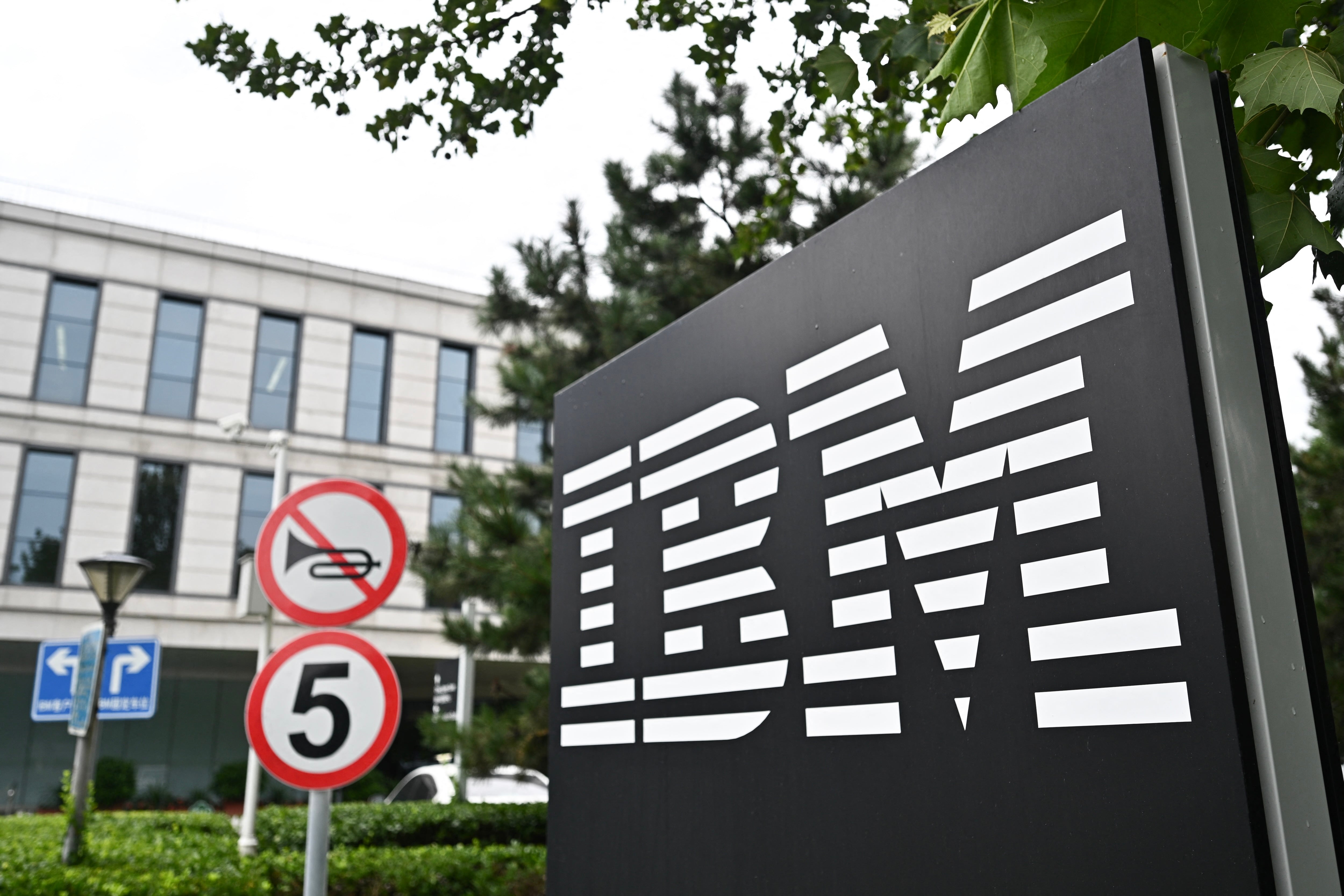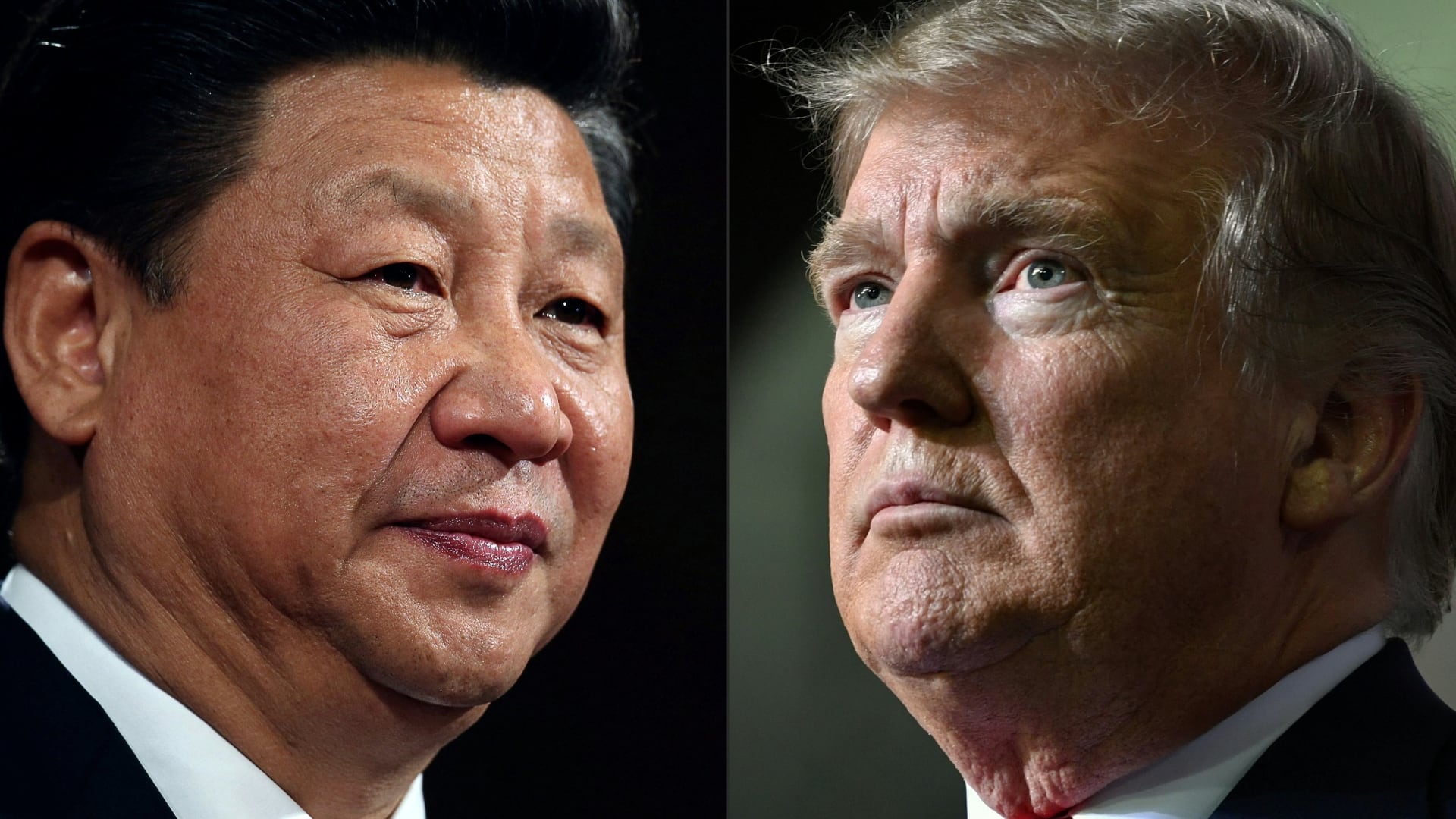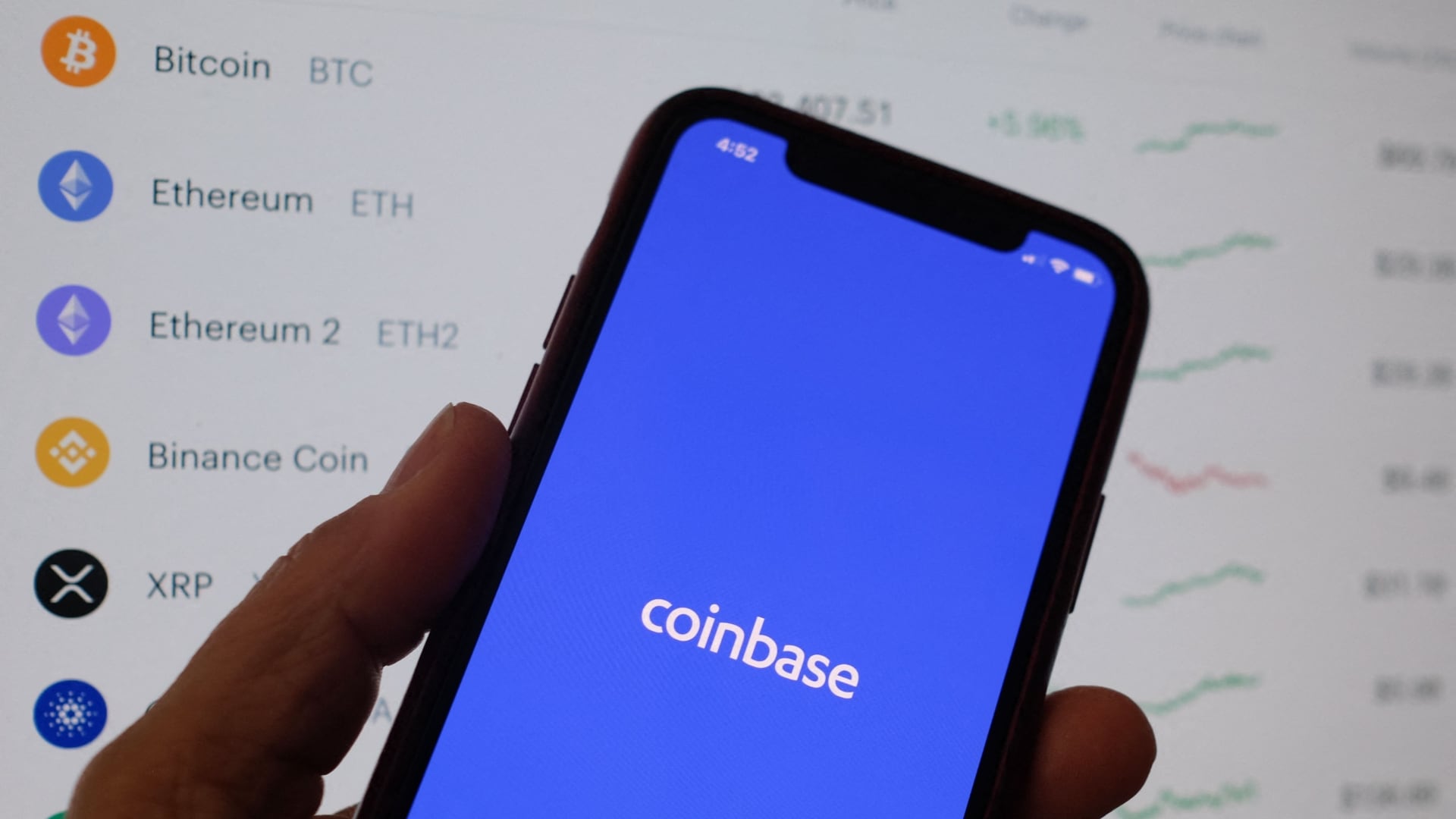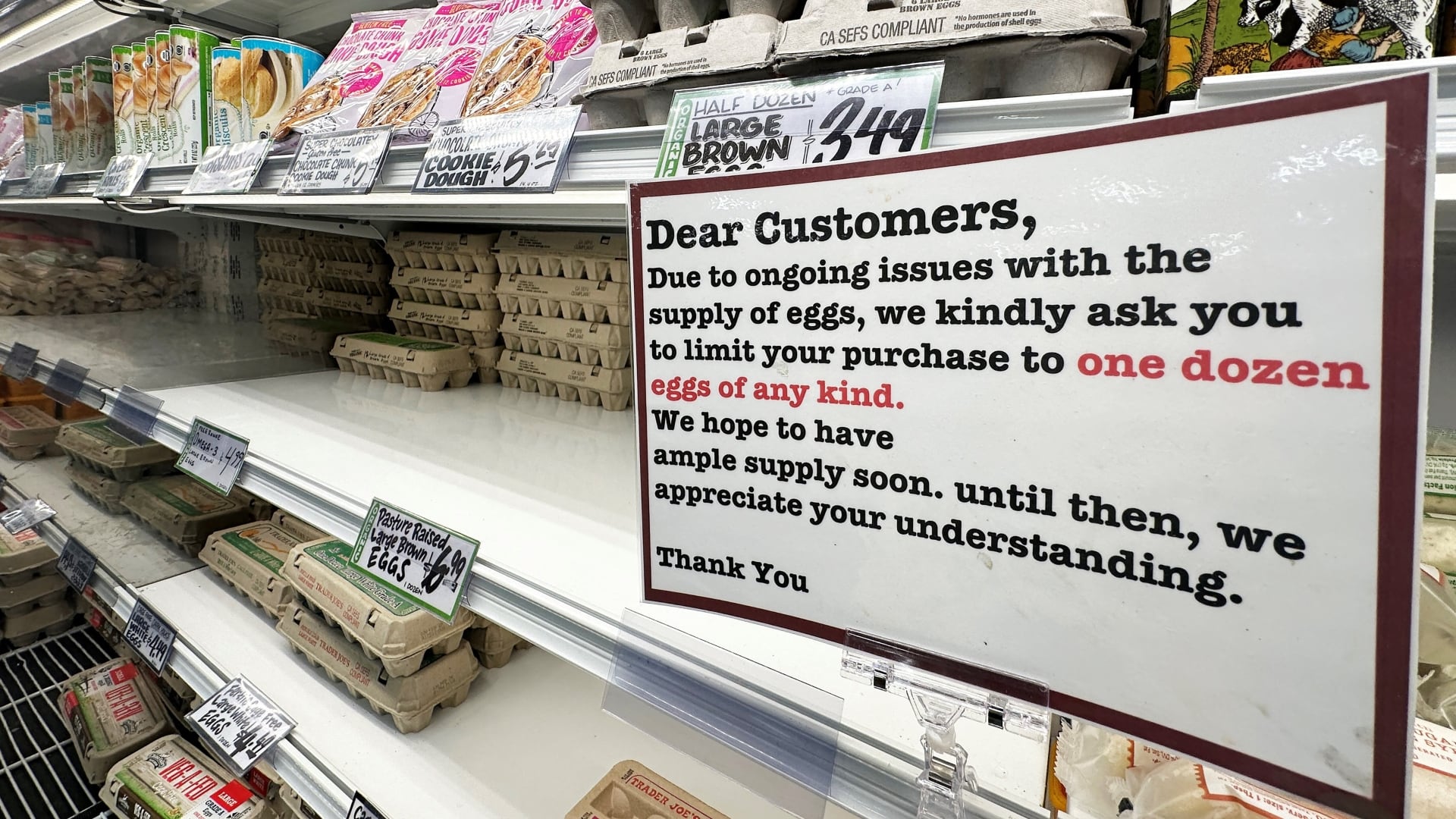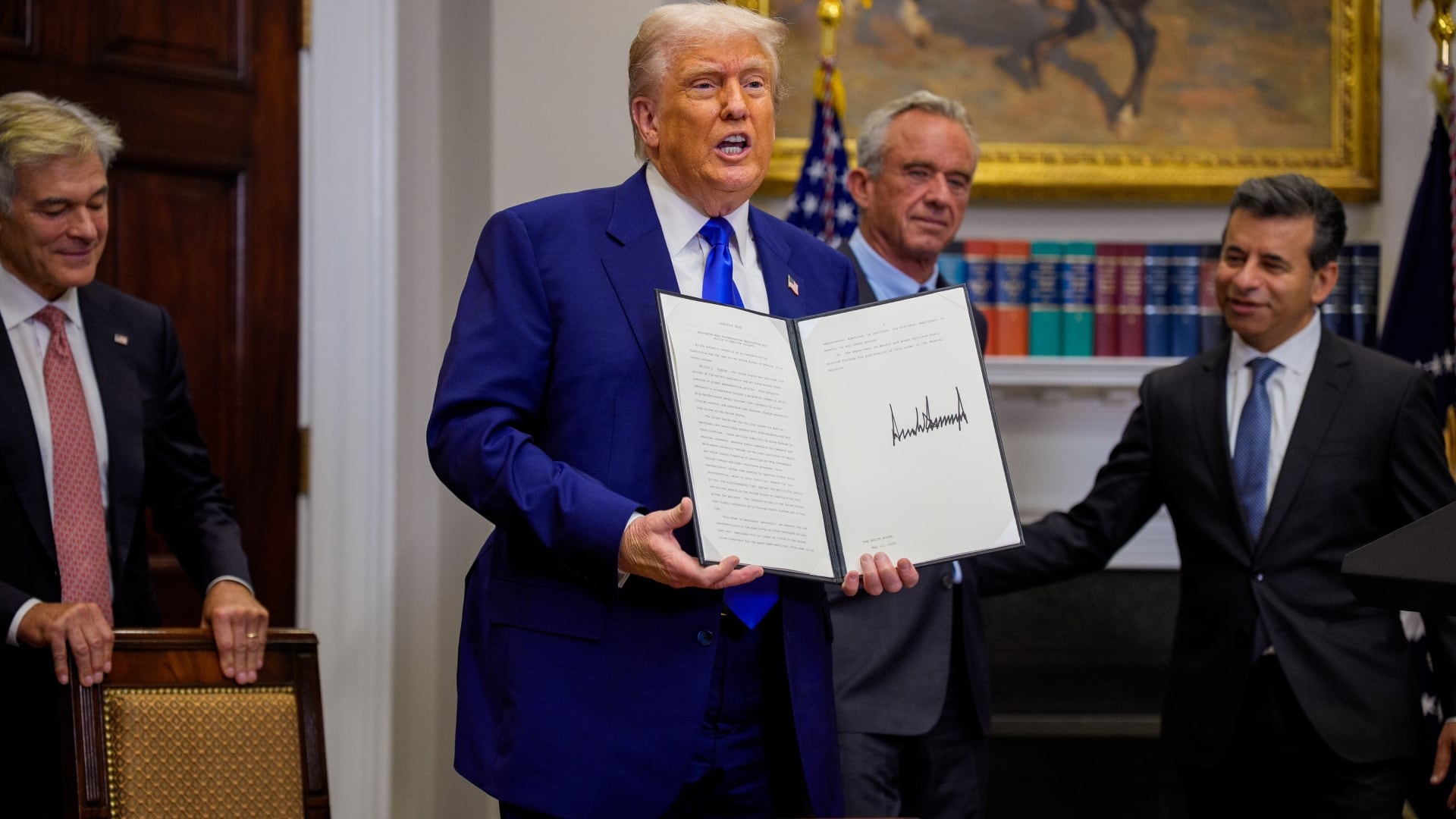Enduring trade tensions and weakening economies worldwide are causing a significant decline in global commerce, the World Trade Organization warned on Tuesday. The instability led the Geneva-based organization to cut its forecast for trade volume growth to just 1.2 percent in 2019, an over 50 percent drop from an earlier estimate.
"Beyond their direct effects, trade conflicts heighten uncertainty, which is leading some businesses to delay the productivity-enhancing investments that are essential to raising living standards," said Roberto Azevêdo, the WTO's director-general.
The WTO took particular issue with trade policies dominated by punitive tariffs, which its report said can "produce a destructive cycle of recrimination." Financial volatility and looming geopolitical strife, along with escalating trade wars, could also trigger an accelerated downturn, the report said.
"Resolving trade disagreements would allow WTO members to avoid such costs," Azevêdo added. "The multilateral trading system remains the most important global forum for settling differences and providing solutions for the challenges of the 21st century global economy."
Fitch Ratings, a leading London-based financial information firm, also lowered its economic outlook this week, citing similar trade concerns as the WTO. For both 2019 and 2020, Fitch lowered its global GDP growth forecasts by 2 percent, dropping the estimates down to 2.6 percent and 2.5 percent, respectively. The WTO also lowered its trade growth forecast for 2020 from 3 percent to 2.7 percent.
"There can be few precedents since the 1930s of global growth prospects being affected so significantly by trade policy disruptions," said Brian Coulton, Fitch's chief economist.
The lowered guidance comes as governments and economists around the world are increasingly cautioning of an economic slowdown.
In the U.S., consumer spending — one of the primary drivers of economic growth — fell in August to just 0.1 percent growth, a sharp decline from the 0.5 percent growth in July, according to the Commerce Department's Bureau of Economic Analysis. The U.S. Federal Reserve also cut interest rates twice in recent months to spur growth and sustain expansion.

